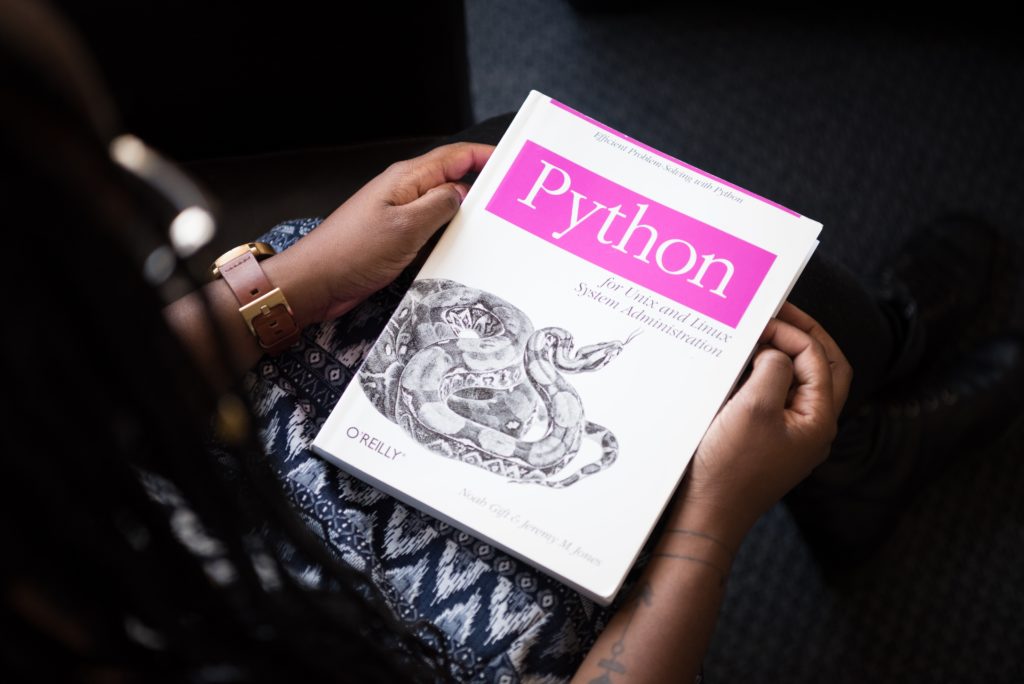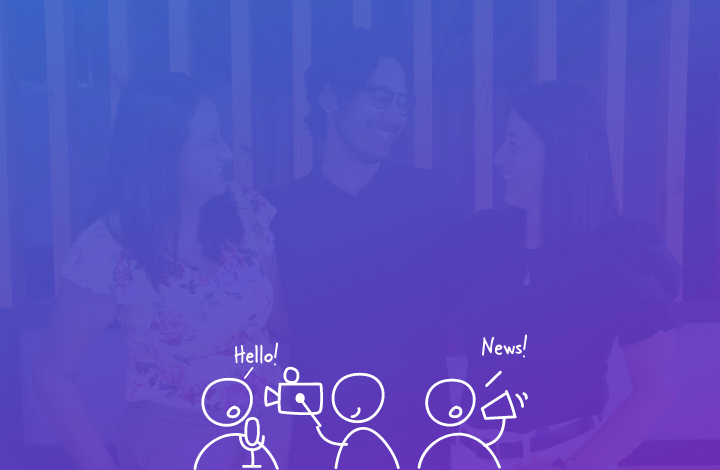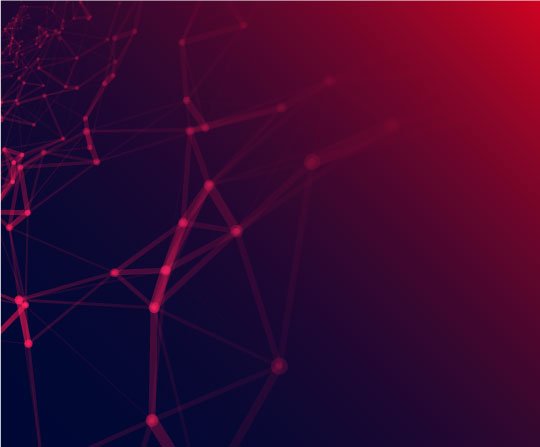May 19, 2021

Python
All You Need to Know to Get Started with Python
So, you’ve decided to get started with Python? Great to hear! It’s always a pleasure to introduce another person to the Python community. Let’s dive into the topic!
What is Python?
“Python is an interpreted, object-oriented, high-level programming language with dynamic semantics. Its high-level built-in data structures, combined with dynamic typing and dynamic binding, make it very attractive for Rapid Application Development, as well as for use as a scripting or glue language to connect existing components together.”
Python.org
Python is:
- Easy to code
- Free and open source
- Object-Oriented language
- GUI supportive
- High-level language
- Extensible language
- Python is a portable language
- Python is an integrated language
Can I learn Python without any programming experience?
Yes, you can learn Python without having programming experience from any other programming language, but it takes time and dedication, of course. It also depends very much on what it is you want to learn. If you’re going to learn Python for web development, this will take a significant amount of time and effort. If you just want to familiarize yourself with the basics of programming in Python, you can learn the ropes in a few days!
Python is very easy to learn due to the English language syntax, which emphasizes readability. It has fewer complexities compared to other programming languages.
Where to learn Python?
Nowadays, learning anything is much easier thanks to the Internet! So, there are many options for learning Python.
- GeeksforGeeks: Best site to learn with tutorials, quizzes, tips, and more.
- Dev Community: Great community of amazing developers and expert coding blogs.
- Scrimba: Interactive way to learn to code. Code alongside your instructor.
- Free Code Camp: Best for beginners to learn. You’ll find 6.000+ tutorials.
- Stack Overflow: Question and answer site for developers. Go here when you’re stuck.
- Github: Here, you can showcase your projects and collaborate with others.
If you are just getting started with Python or another language, and you like to solve puzzles instead of reading through documentation and trying random stuff, we would recommend trying Exercism with the Python track. It contains 117 different tasks on different difficulty levels, so you can improve your skills in a scalable fashion.
What is Python used for?
- Building desktop applications, including GUI applications, CLI tools, and even games
- Doing mathematical and scientific analysis of data
- Building web and Internet applications
- Doing computer systems administration and automating tasks
- Performing DevOps tasks
Now, how to get started with Python? Let’s see some tips!
- Learn the basic syntax
- Choose a simple project
- Code everyday
- Ask support in online communities
- Take breaks
- Keep working on harder projects!
1. Learn the basic syntax:
Before you start writing your first Python program, you’ve got to learn the basics, and then you can dive deeper into your chosen area. Some basics are keywords and identifiers.
Here are some good resources to help you learn the basics:
2. Choose a simple project:
The first and most important factor in getting started with Python is choosing a topic that interests you. If you’re interested in what you’re building, you’ll have more motivation. Motivation is important because it’s the momentum that carries you through when you hit roadblocks.

Then, select a small project to work on. It’s much better to start with an extremely small and simple version of your project and add more functionality later. If you don’t, it will take a long time before you get any sense of accomplishment from finishing, and you might even give up. By starting small and expanding, you’re much more likely to have success.
Some examples:
- Calculator
- Language translator
- Currency converter
- Extract text from image
3. Code every day:
Consistency is essential when you learn a new language. We recommend committing to code every day. It may be hard to believe, but muscle memory plays a vital role in programming. Coding every day will really help build that muscle memory.
That is why the previous tip is important, select a project. When working on something exciting or fun, programming every day will not be exhausting; on the contrary, it will lead you to explore your memory and practice. Although it may seem overwhelming at first, consider starting small with 25 minutes every day and working your way up from there.
4. Ask support in online communities:
If you want to grow as a developer, we can’t over-emphasize the benefits of joining a developer community. There are many advantages, from peer-programming to sharing knowledge, mentorship, sharing support, sharing tools, code reviews, answering questions, and much more.
Some of the sites we mentioned above are also communities where you can ask questions, advise, or find blogs on specific topics. But here we share other ones!
- Hackernoon
- Hashnode
- Women Who Code
- Code Project
- Quora
5. Take breaks:
When you are learning, it is essential to step back and absorb the concepts. The Pomodoro Technique is widely used and can help: work for 25 minutes, take a short break, and then repeat the process.
If you take a break from coding, you think more clearly, and you can attack the problem domain from a different angle, discussing it with other people. Experience sharing gives you a new perspective on your code without having to do any actual coding.
6. Keep working on harder projects!
What you build is not as important as how you build it. Actually, the building journey is what will teach you the most. Most of your learning will come from using Python to build something. The problems you will solve will teach you a lot.
Keep increasing the difficulty and scope of your projects. If you’re entirely comfortable with what you’re building, it means it’s time to try something more complex. You can also create many more Python projects once you develop the right skills. So, keep practicing and keep going forward.
Learning how to use Python and get your programming skills to the next level is a worthwhile endeavor. Python is a popular, productive, and powerful high-level programming language that is in high demand.
In Cafeto, we have open positions for Python 🙂
Good luck, and welcome to the Python world!









